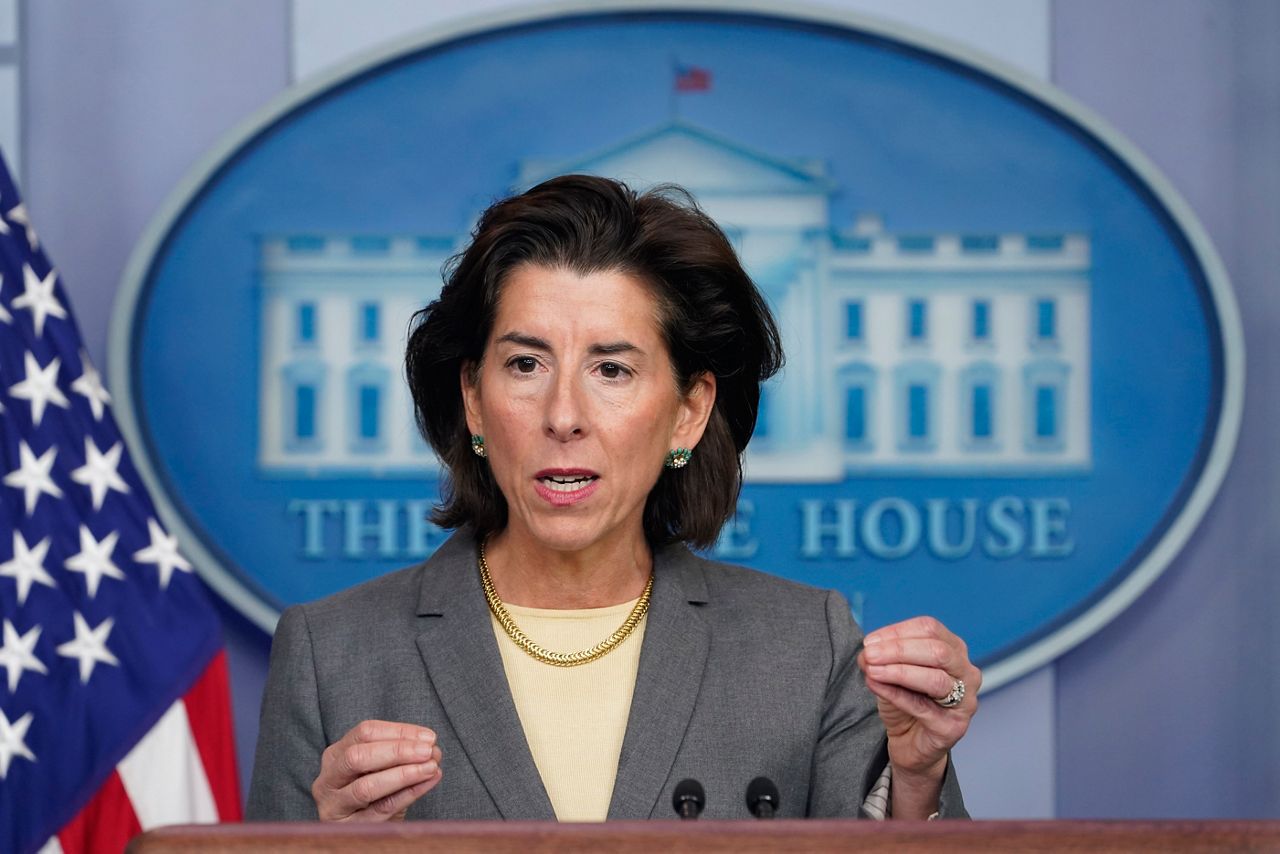A federal judge overnight rejected an effort from former President Donald Trump to temporarily block the National Archives from turning over certain documents to the House committee investigating the Jan. 6 riot at the U.S. Capitol.
The former president’s legal team filed an emergency motion for an injunction late Monday night to temporarily block the National Archives from sending the records to the panel ahead of a Friday deadline — but Judge Tanya Chutkan of the U.S. District Court for Washington, D.C., quickly rejected the measure shortly after midnight Tuesday, calling it “premature.”
Chutkan, who is expected to decide soon on the former president’s overall request to block the documents, said she plans to issue her ruling “expeditiously.”
The request comes days after Chutkan expressed skepticism that Trump can keep his documents shielded from the Congressional panel.
“Are you really saying that the President’s notes, talking points, telephone conversations, on January 6, have no relation to the matter on which Congress is considering legislation?” Chutkan asked the president’s attorneys. “The January 6 riot happened in the Capitol. That is literally Congress’ house.”
She did, however, signal that she could block some “unbelievably broad” requests for documents from the panel.
Trump’s attorney, Jesse Binnall, argued that “this case should be decided after thorough but expeditious consideration pursuant to America’s judicial review process, both before this Court and on appeal, not by a race against the clock.”
The former president filed a lawsuit in October seeking to block the release of the records, saying that the requests were “unprecedented in their breadth and scope and are untethered from any legitimate legislative purpose.”
Trump’s lawsuit says the “boundless requests included over fifty individual requests for documents and information, and mentioned more than thirty individuals, including those working inside and outside government.” The suit says the request could include “conversations with (or about) foreign leaders, attorney work product, the most sensitive of national security secrets, along with any and all privileged communications among a pool of potentially hundreds of people.”
But because Trump no longer is in office, he cannot directly assert privilege to keep witnesses quiet or documents out of the hands of Congress.
As the current president, Joe Biden does have a say in the matter — but his administration said on Oct. 8 that they would not block the handover of documents sought by the House committee.
The documents filed by Trump’s lawyers on Monday cited Biden’s refusal to accept Trump’s assertion of executive privilege, saying the investigation “amounts to nothing less than a vexatious, illegal fishing expedition openly endorsed by Biden and designed to unconstitutionally investigate President Trump and his administration.”
The National Archives are set to turn over the requested documents to the committee by Friday.
The lawsuit specifically names the chair and vice chair of the panel, Mississippi Rep. Bennie Thompson and Wyoming Rep. Liz Cheney, respectively. The two lawmakers blasted the suit as “nothing more than an attempt to delay and obstruct our probe.”
Binnall previously represented Trump in an unsuccessful lawsuit in 2020 seeking to overturn Biden’s victory in Nevada. Trump and his allies have continued to make unfounded, baseless claims about widespread voter fraud in the 2020 election.
There is no evidence of widespread voter fraud in the 2020 election, a statement backed up by officials of both parties, including Trump’s own attorney general William Barr, and courts nationwide who rejected cases brought by the former president and his allies.
The Associated Press contributed to this report.




